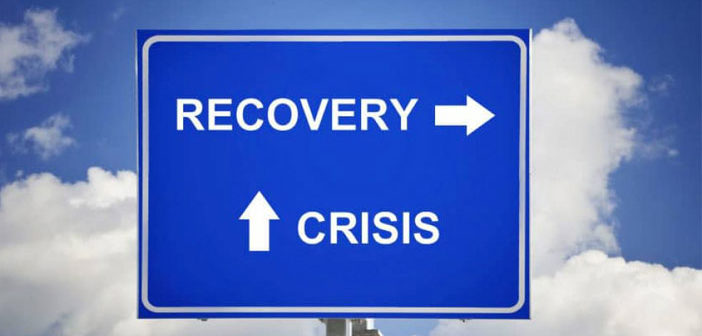Disaster recovery is now generally considered to be something that has to do with the IT part of companies.
This time, however, we are interested in disaster recovery in a broad and perhaps less academic sense than might be expected.
The survival of companies, even those that are strong and competitive, can depend on many external factors such as financial upheavals, civil strife, terrorism and natural catastrophes.
Certainly these contexts can overwhelm the organization’s operations and undermine workers’ morale.
They are external emergencies, very true, but they can also include environmental disasters, accidents and all the causes that are included in the broader concept of crisis management.
At that point it is necessary for the company to face both the sense of powerlessness and the discouragement of its employees and collaborators in an organizational crater that inevitably arises.
All the departments of the company are immediately called upon to make a greater, extraordinary effort to face an unprecedented and unexpected scenario.
The continuity of production, logistics, sales, finance, legal, the reconstruction of corporate reputation are all areas involved in disaster recovery.
Any solution depends on the effort of the people who decide to continue to collaborate with the organization of the company even in a climate of total uncertainty.
It is therefore necessary to rediscover the sense of community and to fix the social network to overcome fear. Thus the collective psychological well-being comes into play, a good quality of organizational life, an effective interpretation of the role of people, groups and their functions.
There is research and experience that shows how vital the diversity of opinions plays in managing the most acute phases and how these are for the benefit of moments of recovery. Overcoming the single thought allows a group to regain the energy and ideas necessary to start again.
So everything is based on the team. Without a team there is no disaster recovery.
Managing adversity, recovering the sense of collective self-esteem, promoting perseverance, redesigning a prospect of happiness: after a serious crisis, not only is it possible to save the company and jobs, but the lived experience can be enhanced to build a company and a more innovative and sustainable company.



